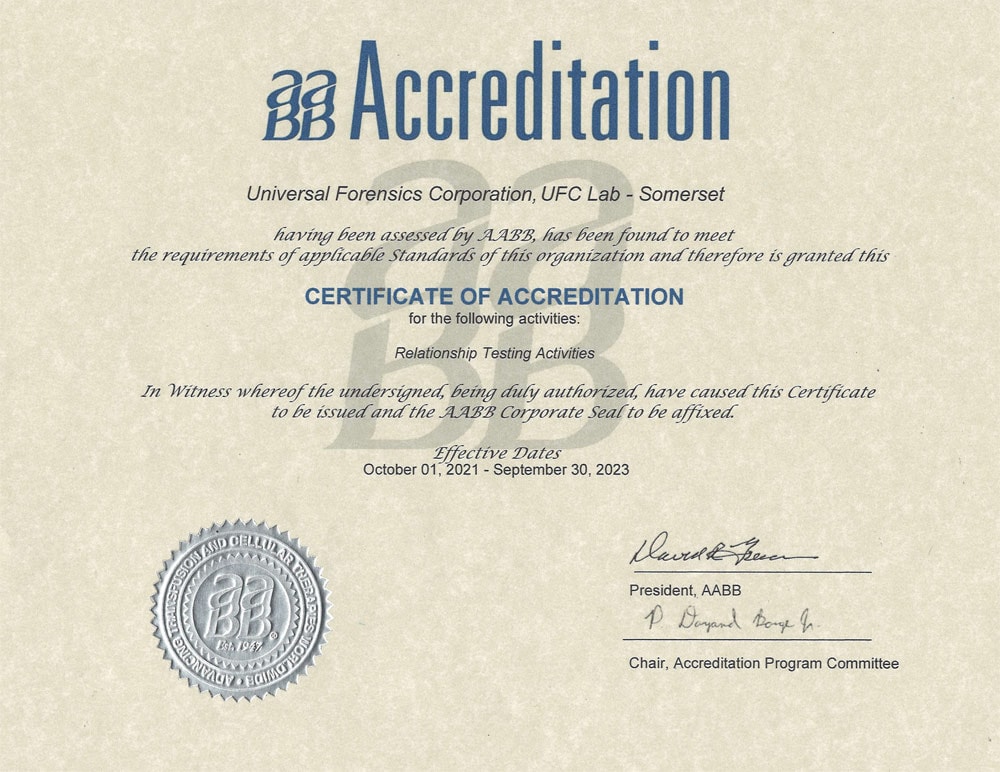Can Minors be Drug Tested?

If you’re a parent, an employer with minor employees, or a minor yourself, this may be a question you’ve asked yourself before. Whether you’re considering testing due to preventative or investigative reasons, there are other factors involved. Laws vary from state to state, and then there’s the effects it may have on relationships to consider. In short: It’s complicated.
This blog talks about whether or not minors can be drug tested, and the impacts testing can have on work or family relationships. For further advice or to order a test, give our friendly and helpful team at ReliaLab a call.
Preventative Drug Testing
As a parent, it’s normal to worry your child is doing something they shouldn’t be. This worry only increases as they get older, as they begin to experience more freedom, spend more time with their friends, and go to parties, and the possibility of them taking drugs appears.
You may think establishing routine drug testing will prevent them from experimenting with drugs. It’s a popular theory that if your child knows you can test them for drugs at any time, they won’t take them to begin with. However, this rarely plays out as expected. A 2012 study of 943 high school students showed that random drug testing had little effect on this likelihood.
Investigative Drug Testing
If your child or minor employee is acting strangely all of a sudden, you may suspect they could be using drugs. To either rule it out or confirm your suspicions, you might consider ordering they take a drug test.
Even those that advocate for this type of testing recognize that a simple test indicating drug use is just the tip of the iceberg. If it comes back positive, an employer may take further action, but parents run the risk of their child estranging themselves to avoid conflict. The American Academy of Pediatricians supports the notion that investigative drug testing should come with a complete assessment and a plan for treatment if needed.
Can Companies Drug Test Minors?
Drug testing laws vary by state, however, as a general rule, a minor can consent to a drug test, but it is not enforceable unless the minor’s parent or guardian also consents. For companies with a drug testing policy, the employee must be over 18 years of age to meet the requirements for the test; otherwise, the legal guardian’s consent is required.
Typically, the company will require parental consent as a separate signature line on all employment paperwork and documentation. Check your state laws and remember: if you’re a minor, you may not be required to consent. It is always a great idea to carefully read your employee agreements and company policies before you sign the dotted line.
Risks and Consequences of Drug Testing Minors
Most experts, including pediatricians, recommend against drug testing your children. It’s considered a breach of privacy and a violation of trust, whether your child is using drugs or not. It can be very difficult to regain that trust once it’s been broken and parents risk alienating their children by issuing these tests.
Moreover, a positive drug test should be a catalyst for intervention rather than a punishment alone. Frequent drug use may be a sign of addiction and if this is the case,
there are programs available for your child’s benefit. Addiction is a mental disorder and should be approached with compassion and understanding. Punishment is not an effective treatment for addiction and should not be the only response if your test is positive.
What Types of Tests Are There?
No single test will test for every substance. Some tests can pick up marijuana use while others will miss it, but detect cocaine use. Typically, urine and saliva tests detect the most commonly used drugs, and more specialized tests may be necessary for others. For example, the majority of standard urine and saliva kits test for:
- Marijuana
- Cocaine
- Opiates
- Amphetamines
- PCP
The more sophisticated tests may also test for:
- Barbiturates
- Benzodiazepines
- Methadone
- Some prescription medications
If you are seeking to test for other substances like LSD, mushrooms or inhalants, you may require specialized and more expensive testing methods. Hair testing is another option but don’t detect usage within the last 7 to 10 days.
Need to Order a Drug Test?
We hope this article has been helpful for you to understand why an employer may require a drug test. At ReliaLab we work to ensure safe and drug-free workplaces and homes throughout Nashville and across the US.
To find out more information or to book a test, contact us today








